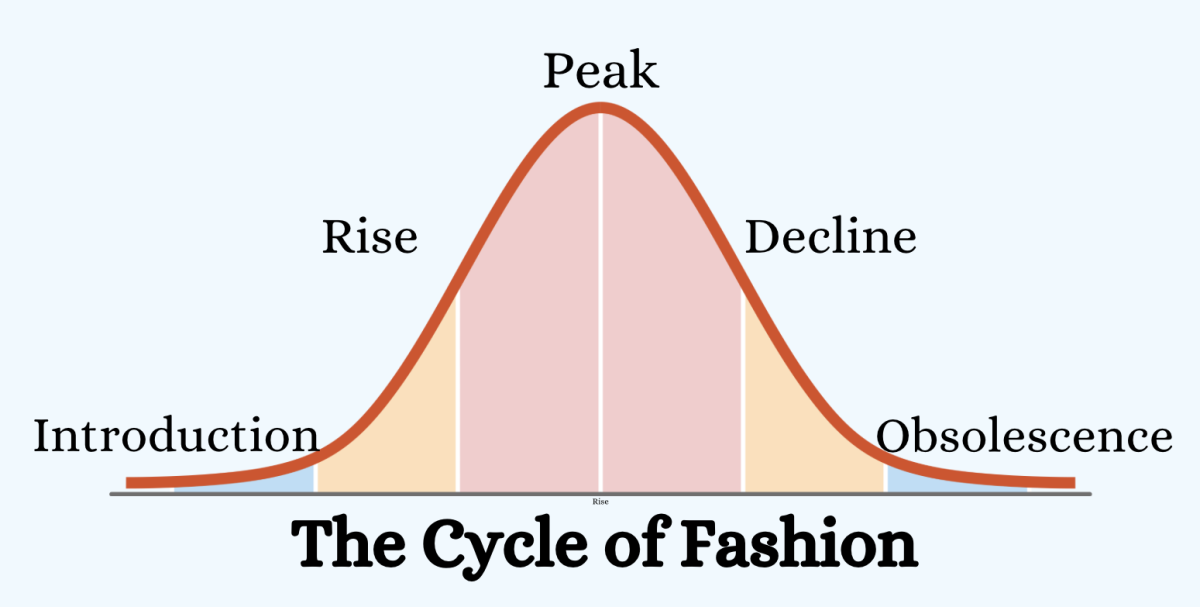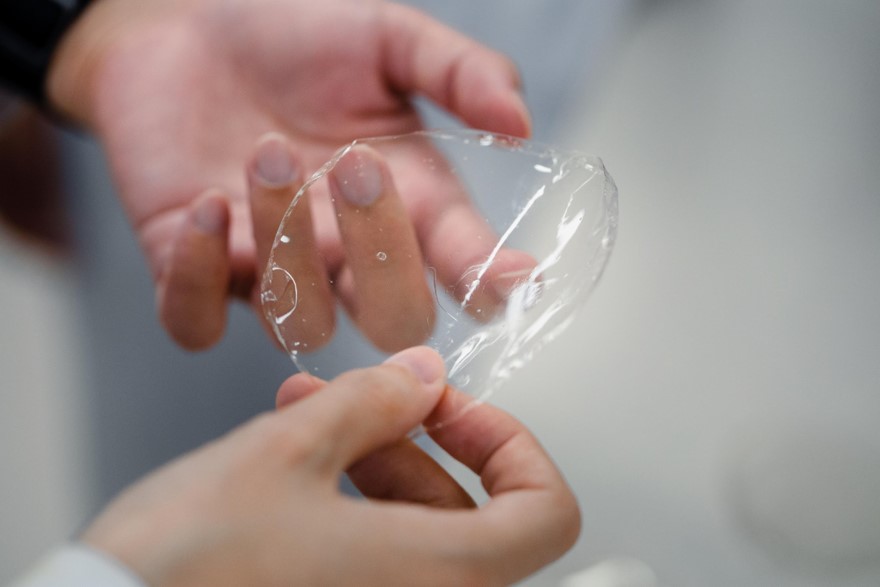The Wrath of Senioritis: Part 1

Photo courtesy of metroparent.com
Senioritis affects high schoolers everywhere who become lazy and stop caring about school.
November 10, 2016
Ever since freshman year, high school students have been haunted by the stories of Senioritis. However, back then it was just a word. Now, many seniors are finally beginning to understand what exactly this word entails. Some people claim their Senioritis began as early as sophomore year; others admit that they have not yet been affected by it. The question is if many students have Senioritis already and whether it really is a serious issue that needs to be addressed.
As a senior in high school, the homework load is usually not too difficult, and the lifestyle of being the top dog on campus is an exciting one. A mixture of both the easygoing attitude and the manageable schedule results in what is known as Senioritis. Symptoms of this epidemic include a lazy demeanor, diminishing work habits, little effort, and an increased focus on socializing. Typically, these symptoms are most prevalent among second semester seniors who have already been accepted into the college of their dreams and know exactly what they will be doing the following year. They have nothing to worry about, so their Senioritis is understandable. However, the problem arises when these symptoms are detected among first semester seniors or worse, juniors or even underclassmen. While more and more students are catching Senioritis, it becomes quite difficult for teachers to motivate them to do their work so that they can actually benefit from their classes.
Many seniors at YLHS have already felt the wrath of Senioritis this early into the school year. For some people, it creeps into their lives slowly, feeling only minimal symptoms for a while; then before they know it, they have full blown Senioritis and have academically shut down. Still, there are those students for whom it has not affected yet, and they do not know if it ever will. Kailyn Case (12) asserted, “Senioritis has only influenced me slightly. I realized I don’t really care too much about getting a 100% on things anymore. Just getting a B or passing is enough for me, as long as I end up getting an A in the class.” Obviously, Senioritis has crept into the lives of some YLHS seniors, but there are still many others who have not felt the wrath yet. Matt Lewis (12) shared, “Senioritis has not yet affected me this year. I think it mainly comes into effect second semester.” Currently, it seems as if the disease has not spread too far among students on campus, but it will have to be monitored throughout the course of the year to see how things really change.
Although teachers, staff members, and parents may view Senioritis as harmful to students’ wellbeing, it is inevitable. Once students have finally reached their last year in high school, there is expected to be some relaxation and relief. In fact, it is unreasonable to claim that a little bit of academic leisure is wrong after students have worked so hard for three years straight. Nevertheless, students must support one another and stay determined to push through the difficult times when quitting is tempting. As Kailyn Case (12) stated, “We should be encouraged to maintain progress throughout our senior year and continue to work hard everyday to strive for our best!” Indeed, several colleges still want to see transcripts from senior year, so it would be beneficial to keep this in mind.
For all those seniors out there who may be feeling the wrath of Senioritis, do not give up on school just yet. There is so much to look forward to and enjoy as a senior, so make sure Senioritis does not get in the way of that. As a possible cure for this disease, try getting plenty of sleep, eating nutritious meals, doing assigned homework, and checking grades frequently. That should do the trick and prevent Senioritis from sneaking into the lives of YLHS students.










































